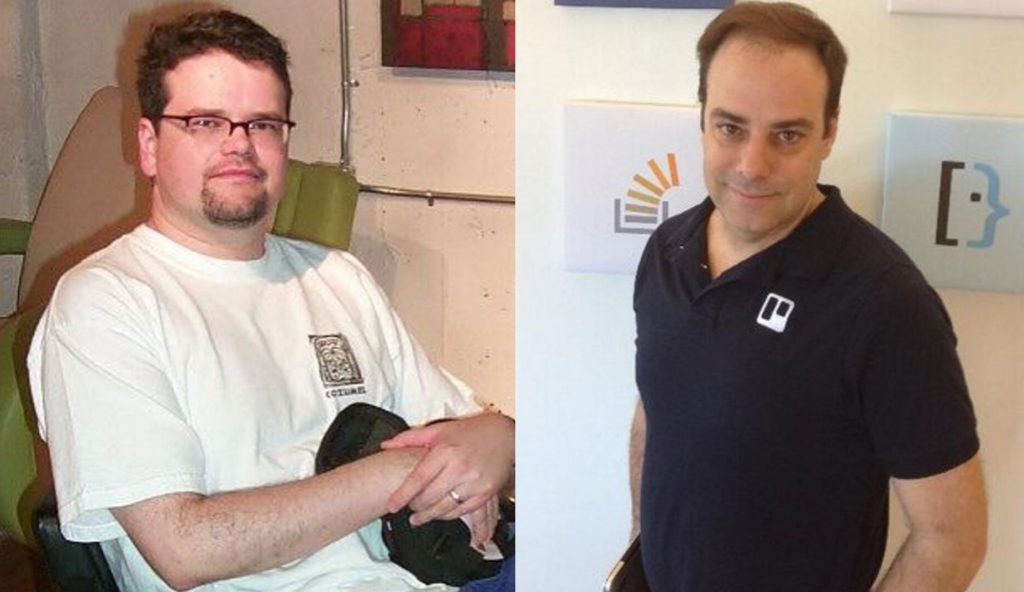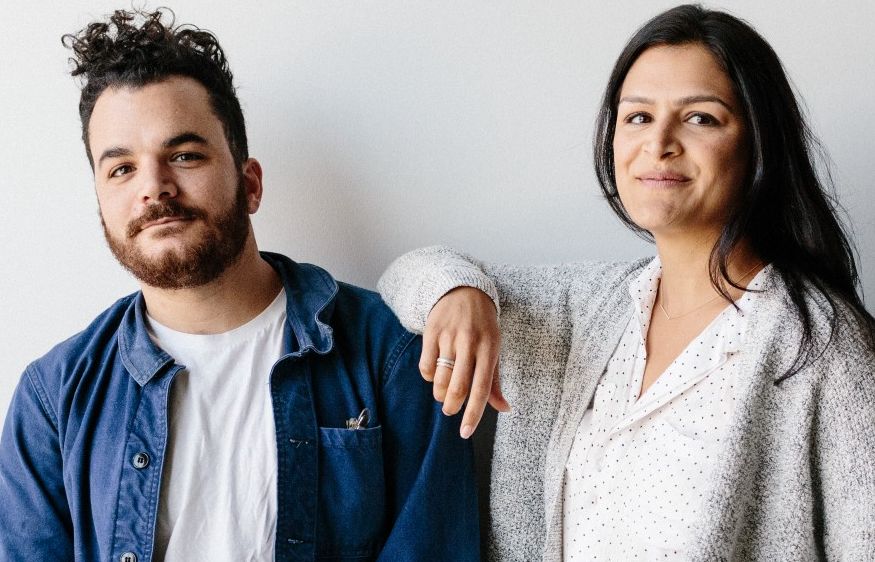Stack Overflow : A Programming Hotspot Created for the Coding Enthusiasts
Some people might say that the job opportunities in the IT sectors are gradually reaching a saturation level, but is it really true? Today, while the world is getting consumed by the trove of technology, IT sectors play the most important role in functioning and developing of our world. Even, if you are launching a small product in the market, you need to create certain algorithms, a website, and definitely, a user interface, for which one needs to hire developers. In this 21st century, coders are on demand! Be it a pure competitive programmer or a developer, their contributions to the IT sector is certainly the need of the hour.
And, to help out the programmers out there be it an expert or a beginner, an online Q/A platform, Stack Overflow was created 11 years ago. Stack Overflow, the flagship site of the Stack Exchange Network was mainly created to answer the queries of the programmers based on any programming language, and the user can solve problems on the website as well.
The two finest minds who created this platform for every coding enthusiast out there are Jeff Atwood and Joel Spolsky. They launched the site on 15th September 2008, eleven years from now, and today, the website witnesses over 50 million monthly visitors.

About the Founders
Jeff Atwood is a software developer, who runs his own blogging site, Coding Horror, since 2004. Apart from co-founding Stack Overflow, he also launched his new company, Civilized Discourse Construction Kit, Inc., in 2013. He met Joel Spolsky after he started maintaining his programming blog.
Joel Spolsky is a software engineer and writer belonging to New Mexico. He maintains a blog called Joel on Software, and he is also the creator of Trello. Before founding Stack Overflow, he was a project manager of Microsoft Excel and also founded Fog Creek software.
Spolsky contacted Atwood on 2008 and together decided to set up a Q/A website related to coding.
The journey of Stack Overflow
Within months of the launch of Stack Overflow, it attracted a lot of coders from around the world, and even the beginners, who just wanted to learn something new. People helped each other by answering the doubts, learnt new things about any specific language, and even, if someone was showing off their coding skills, it worked out pretty well for the website.
Since both, the founders had their own personal blogs, they had enough number of subscribers. Atwood invited his subscribers to try the beta version of the newly released website, on 31st July 2008. And on 15 September 2008, the company announced the release of this beta version for public, where anyone could seek help and ask queries related to programming.
The website also incorporated a badge system for the users. For example, if you answered a question and your answer got upvoted you were given certain badges, that is, awards which upgraded your reputation. Thus, the more you answer, you are likely to gain certain incentives given that the quality didn’t drop.
But, it was noticed that a similar question was posted many times, giving rise to the same answers. Spolsky turned this drawback into a positive point, saying that if similar questions drove more traffic to the website, as it appeared on multiple search results, there is no harm in it after all.
The success of the website
In 2010, the company raised $6 million in Series A funding led by Union Square Ventures. In April 2009, the company added a feature called “timed suspension” which showed the user’s reputation at “1” because either they didn’t show enough interest to improve or engaged themselves in disruptive behaviour. After implementing this policy, 92% of the questions were answered within a few minutes.
In 2011, another $12 million was raised in Series B funding led by Index Ventures with the participation of Spark Capital and Union Square Ventures. Another $10 million was raised in Series C funding in 2013. Till now, the company has received around $70 million in funding.
Within five years of its launch, Stack Overflow answered 5 million questions related to coding, thus making the coding community even stronger. Around forty-four million visitors checked out the website every month by 2013.
Today, around 250 employees are working for Stack Overflow, with the majority working in head offices of New York, London and Munich. Around 14 million questions have been answered so far, and the site also partners with many big companies to help them recruit developers.
Majority of the queries that are posted on the website are regarding PHP, JavaScript, Java, Python, HTML, C#, jQuery and Android.

Annasha Dey is an NIT student, who apart from studying engineering is also a content writer. She has a great interest in photography, writing, reading novels, and travelling as well. She is a foodie who loves socializing and hanging out with her friends. She is also a trained Kathak dancer and a big fashion enthusiast. Dey also loves watching TV series, which includes F.R.I.E.N.D.S. and Big Bang Theory. To be a better writer she prefers to read more



